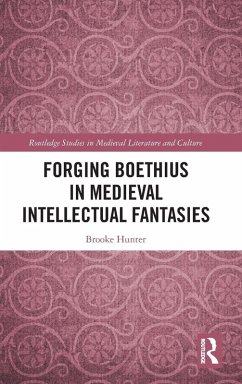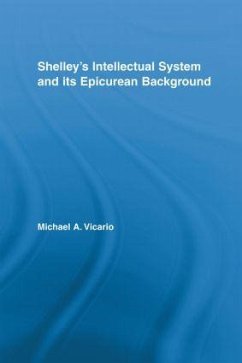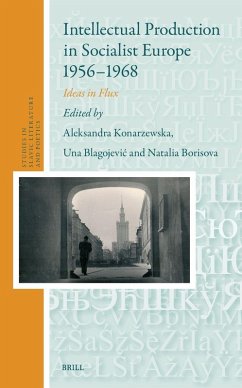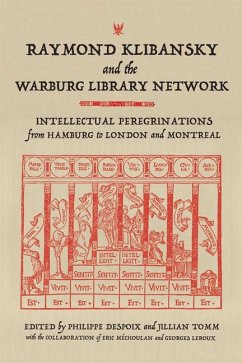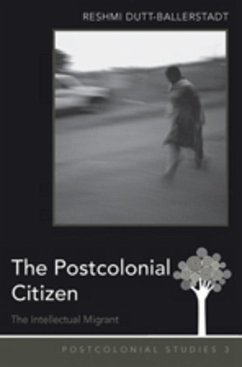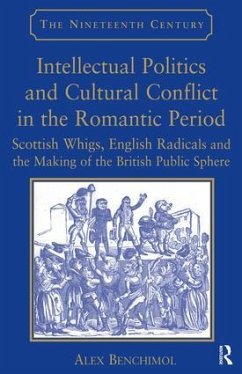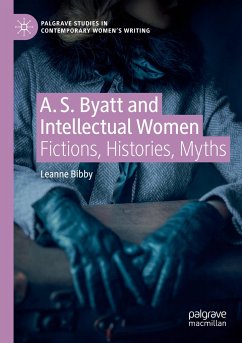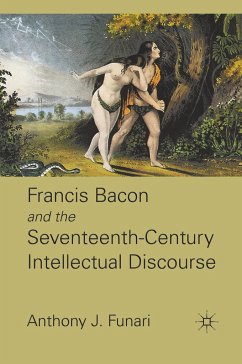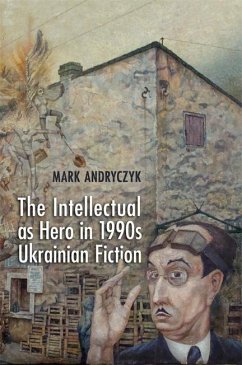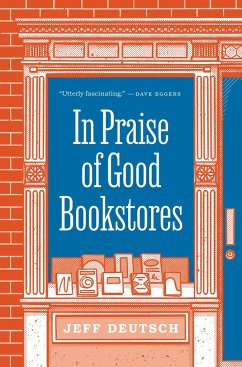
What is an intellectual?
Postmodern Philosophy and Honest Truth
Versandkostenfrei!
Versandfertig in 6-10 Tagen
40,99 €
inkl. MwSt.

PAYBACK Punkte
20 °P sammeln!
From Descartes to Rousseau, from Marx to Flaubert, from Saussure to Althusser, the notion of the intellectual is overvalued without bringing anything concrete to the university and world city. It has remained empty of meaning for five centuries: Cartesianism, the instigator of the panic, had instituted the ego, egoism, and had given it an elevated power that had nothing else to do but to precipitate universities, professors and so-called intellectuals into the deep pit. Whether the intellectual is called rationalist, romantic, Marxist, realist or structuralist, nothing changes; he has only one...
From Descartes to Rousseau, from Marx to Flaubert, from Saussure to Althusser, the notion of the intellectual is overvalued without bringing anything concrete to the university and world city. It has remained empty of meaning for five centuries: Cartesianism, the instigator of the panic, had instituted the ego, egoism, and had given it an elevated power that had nothing else to do but to precipitate universities, professors and so-called intellectuals into the deep pit. Whether the intellectual is called rationalist, romantic, Marxist, realist or structuralist, nothing changes; he has only one mission, conscious or unconscious: to deprive the majority of happiness. However, from Hazard to Sartre, from Le Bris to Said, from Lyotard to Gerber, from Glissant to Erik Orsenna, the notion of the intellectual has begun to take on content, to be interesting, but they do not say what it is necessary to do to be an intellectual. This is why the author intervenes today to define the intellectual criteria that, from the positive spiritual to the general interest via the powerful creation of theories among young students, must revolutionize the world in the exact Truth.



